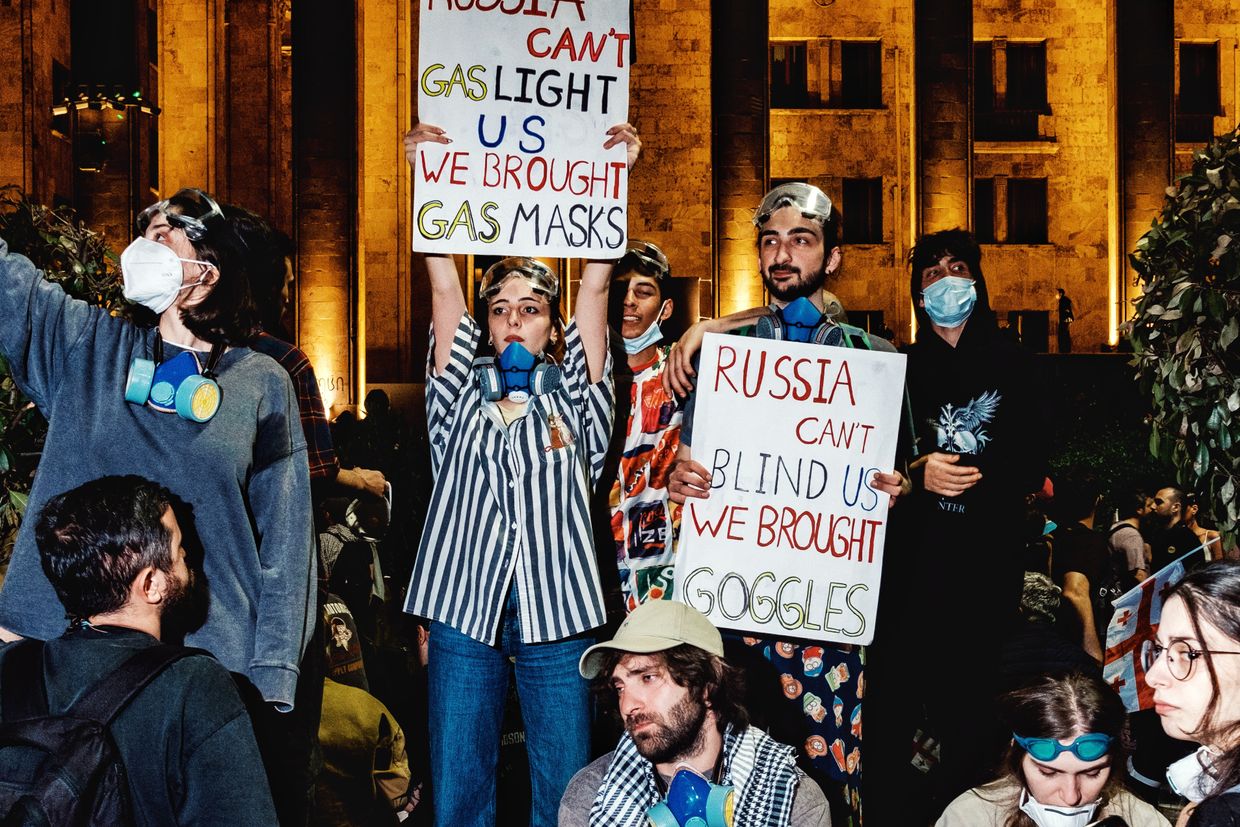FT: EU countries push for visa-free travel suspension, other sanctions against Georgia over 'foreign agents ' law

Estonia, the Netherlands, the Czech Republic, and Sweden are among several EU countries pushing for sanctions against Georgia in response to its government's passing of the controversial "foreign agents" law, the Financial Times (FT) reported on May 22, citing official sources.
Concerns about Georgia's democracy have reached a fever pitch after the ruling Georgian Dream party passed the foreign agents law, which requires organizations that receive foreign funding to be labeled as "foreign agents" and mirrors repressive Russian legislation used to crack down on Kremlin regime critics.
The country has been rocked by protests which grew out of opposition to the controversial law, and have now begun to morph into a larger sign of discontent against the government and the direction the country is heading.
According to the FT, sanctions could include the suspension of visa-free travel to the EU. The issue will reportedly be discussed at a meeting of EU foreign ministers next week.
Another option on the table is the freezing of EU funds, officials familiar with the matter told the newspaper.
Even before the law was revived after a failed attempt to pass it in 2023, EU and U.S. officials warned that Georgia's democratic institutions were weakening and that the country was under the control of the oligarch Bidzina Ivanishvili, who only holds the title of honorary chairman of Georgian Dream.
Georgia received EU candidate status in December 2023, but a report by the EU's Eastern Partnership Civil Society Forum (EaP CSF) the following month said that the country had made limited progress in its required reforms and was at risk of drifting toward Russia.
The U.S. is considering a package of military, trade, and visa liberalization incentives for Georgia if it reverses the trend of democratic backsliding and abandons the controversial law, Politico reported on May 20, citing a draft bill to be introduced in Congress in the coming days.













